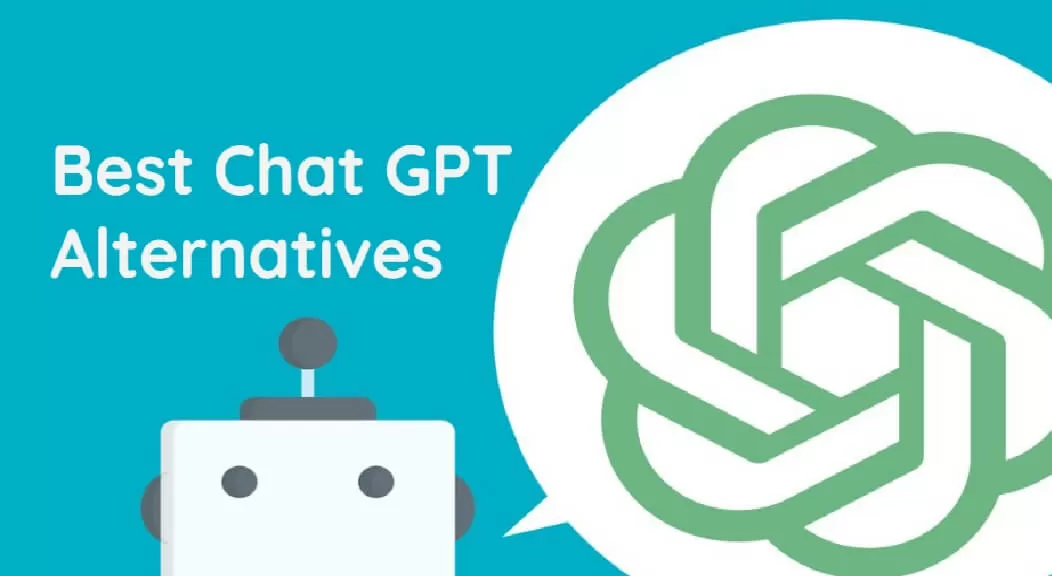
Let’s be real — ChatGPT is everywhere right now. It’s fast, useful, and honestly kind of addictive. But as good as it is, it’s not perfect. Some people want more customization, others need better data privacy, and many are just curious:
What’s the best alternative to ChatGPT?
I’ve spent the last few months testing other AI tools — out of curiosity, necessity, and (okay) a bit of nerdy obsession. Here’s what I found.
What Makes a “Good” Alternative?
Before we talk tools, let’s be clear about what people really mean when they say “alternative to ChatGPT.” For most, it comes down to one or more of these:
-
More control over answers
-
Better integration with company data
-
Fewer restrictions or filters
-
Open-source options
-
Lower cost or free access
Depending on your goals — whether you’re writing, coding, researching, or building something — the best option might vary.
Top Alternatives Worth Exploring
Claude (Anthropic)
Claude is built with safety in mind and has a more “thoughtful” tone in its responses. It handles long documents very well — better than ChatGPT in some cases — and is great for business writing, editing, and analysis.
Best for: professionals, legal/compliance work, long-form tasks.
Google Gemini (formerly Bard)
It’s integrated with Google Search, which gives it real-time information access. Gemini is fast and surprisingly good at summarizing news and providing fresh info.
Best for: research, current events, live data queries.
Microsoft Copilot (built into Office apps)
This is more of a productivity booster than a chatbot. It lives inside Word, Excel, and Outlook, helping you write emails, summarize reports, and even generate charts from your data.
Best for: teams already using Microsoft 365.
Perplexity AI
Think of it as AI search engine. It not only gives you answers but cites sources — which makes it perfect for research-heavy tasks where you need to double-check facts.
Best for: students, researchers, content creators.
Open-source options (like LLaMA, Mistral, or GPT4All)
If you want total control and are comfortable with a bit of technical setup, running a local model is an option. You avoid cloud dependency and keep data private.
Best for: developers, startups, privacy-focused teams.
The Hidden Factor: Personalization
One thing I realized is that no chatbot truly replaces ChatGPT unless it’s trained on your content. Most AI tools are general-purpose. If you need something that understands your product, your clients, or your industry language — you need customization.